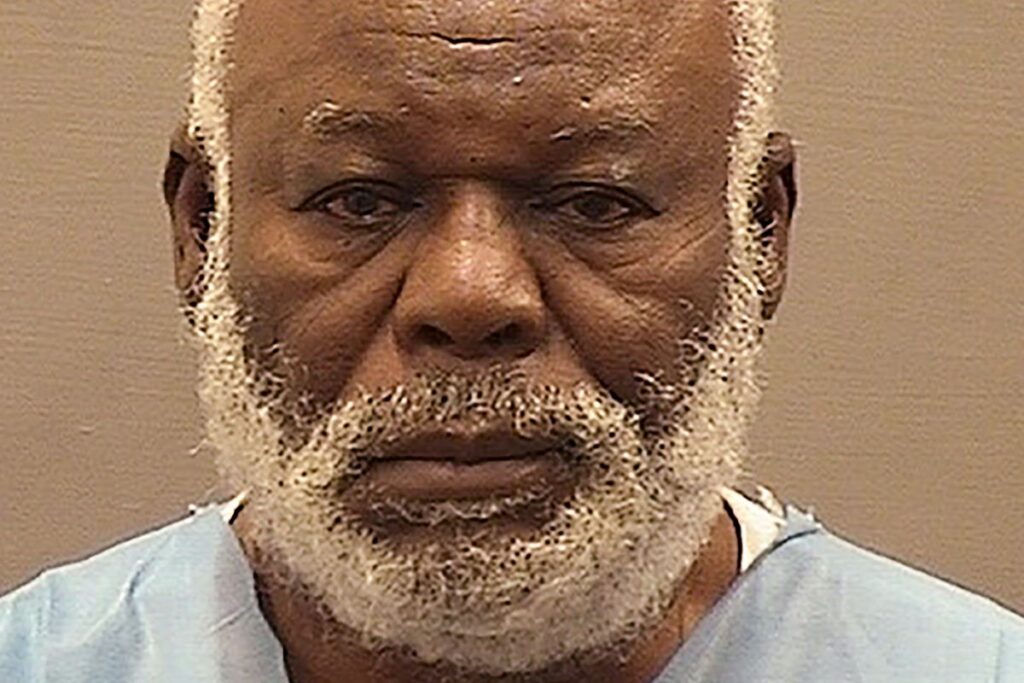United States and Libyan authorities should clarify the legal basis for the abusive arrest and subsequent extradition to the US of a Libyan suspect in the 1988 deadly airplane bombing over Lockerbie, Scotland, Human Rights Watch said today.
US authorities on December 12, 2022, announced that they had custody of and intended to prosecute Abu Agela Masud Kheir Al-Marimi, a former official of the government of the late Libyan leader Muammar Gaddafi, after an armed group seized him from his home in Tripoli.
“It appears that no Libyan court ordered or reviewed Masud’s transfer to the US, and he had no chance to appeal, raising serious due process concerns,” said Hanan Salah, associate Middle East and North Africa director at Human Rights Watch. “The political impasse and chaos in Libya don’t allow US authorities to disregard violations of fundamental rights.”
The Tripoli-based Libyan prime minister, Abdul Hamid Dbeibeh, said his Government of National Unity (GNU) collaborated with the US on the transfer, while Libyan judicial authorities have challenged the handover’s legality and opened an investigation. Libya and the US have no extradition treaty.
The US should uphold international fair trial standards and grant Masud access to his family members, including by promptly processing visas for them. US authorities should also grant him the right to challenge his extradition. As Prime Minister Dbeibeh promised, Libyan authorities should provide consular visits, help Masud get effective legal counsel, and coordinate his family’s visits. They should also investigate and hold accountable members of the armed group responsible for violently seizing Masud from his home.
Masud is the third Libyan in the last decade transferred to the US under murky legal circumstances to stand trial on a terrorism-related charge.
